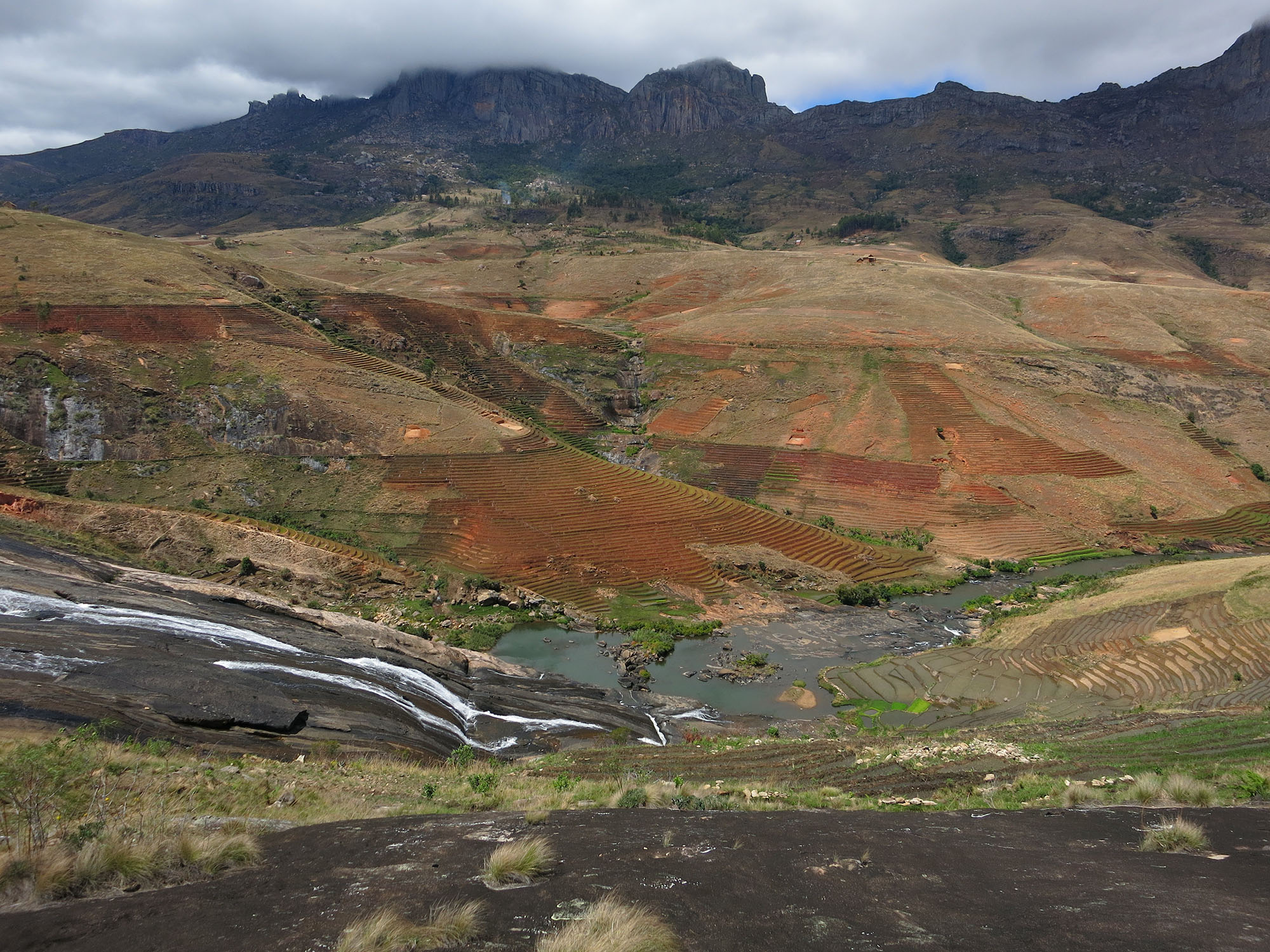
Feasibility studies for rural electrification projects in the Upper Matsiatra Region, Antsinanana and Amoron'i Mania (based on hydropower)
Location
Madagascar, Upper Matsiatra Region, Antsinanana and Amoron'i Mania
project period
Oct ’18 – June ‘19
client
GIZ, Deutsche Gesellschaft für Internationale Zusammenarbeit
Services provided
Consultancy
Partner organisation
Hydro Engineering Ltd.IED SA
In the context of the implementation of Madagascar’s New Energy Policy, the Ministry of Water, Energy and Hydrocarbons and the Agency for the Development of Rural Electrification (ADER) in partnership with GIZ-PERER (Electrification Project through Renewables) intend to accelerate the process by supporting the elaboration of feasibility studies and detailed design studies before starting a “call for projects”. Skat was mandated to elaborate these studies as a basis for the rural electrification based on renewables and to implement a training session for local stakeholders (ministry, ADER, regulator and private operators).
Objective: Elaboration of two feasibility studies (at the sites Ivato Centre and Ambatotoa) and one detailed design (at the site Sahandaso) as sound basis for electrification of the surrounding rural areas.
Services provided by Skat: elaboration of a socio-economic study (demand analysis), hydrological analysis, technical analysis (hydrology, sediment load, topography, geology, hydraulic works and electromechanical equipment, networks, access roads), environmental and social impact analysis, risk analysis, financial and economic analysis and finally training towards ADER, the Ministry, the Regulator and private operators
Activities: collect hydrological data (install gauging stations, make flow measurements etc.); implement site surveys to collect relevant data and information; design the civil structures and electromechanical equipment as well as transmission and distribution network; implement a demand survey in households and other consumers; provide training on key elements of a feasibility study and a detailed design and tools for quality check of such studies.
Results: Two feasibility (135 kW and 120 kW) and one detailed design (240 kW) studies presenting feasible, sustainable and profitable options to make use of the available hydropower potential for rural electrification; the training session enabled the partners to better assess the quality of such kind of studies.

